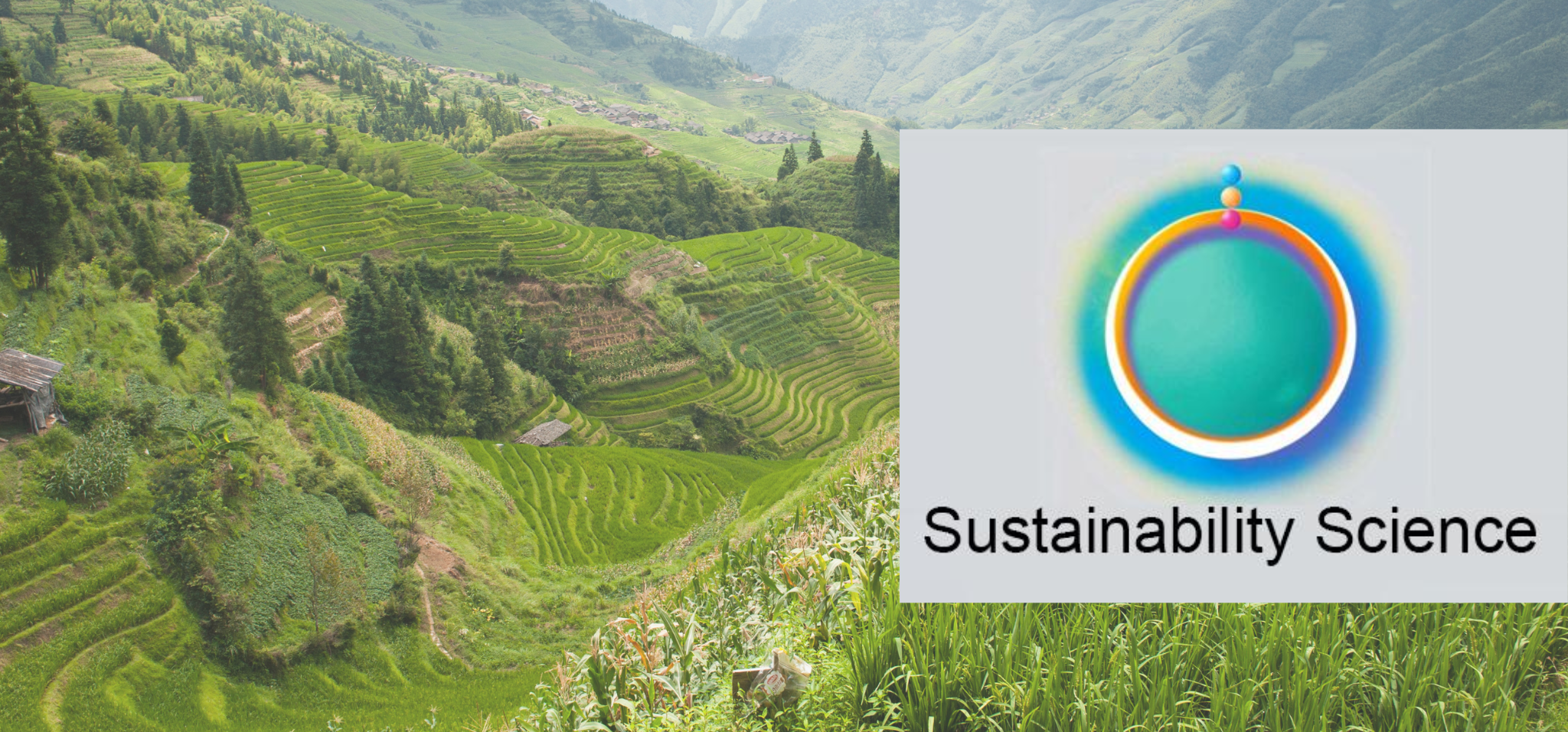
The latest paper led by FABLE China has been published in Sustainability Science, as part of the Special Issue 'Globally-Consistent National Pathways towards Sustainable Food and Land-use Systems'.
Authors: Xiaoxi Wang, Meng Xu, Bin Lin, Benjamin Leon Bodirsky, Jiaqi Xuan, Jan Philipp Dietrich, Miodrag Stevanović, Zhaohai Bai, Lin Ma, Shuqin Jin, Shenggen Fan, Hermann Lotze-Campen & Alexander Popp.
Abstract
Reactive nitrogen (N) is a requisite nutrient for agricultural production, but results in greenhouse gas and air and water pollution. The environmental and economic impacts of N fertilizer use in China are particularly relevant, as China consumes the largest amount of N fertilizer in the world to meet its soaring food demand.
Here, we use an agro-economic land system model (MAgPIE) in combination with a difference-in-differences econometric model to provide a forward-looking assessment of China’s fertilizer policies in terms of removing fertilizer manufacturing subsidies and implementing measures to improve agricultural nutrient management efficiency.
Our model results indicate that enhancing soil N uptake efficiency and manure recycled to soil alongside fertilizer subsidy removal can largely reduce N fertilizer use and N losses and abate N pollution in the short and long term, while food security remains largely unaffected. Enhancing soil N uptake efficiency appears to be decisive to achieving China’s national strategic target of zero growth in N fertilizer use.
This study also finds that improving agricultural nutrient management efficiency contributes to higher land productivity and less cropland expansion, with substantial benefits for the environment and food security.